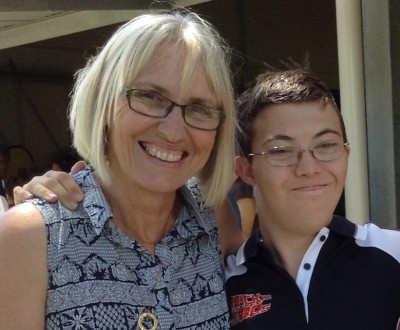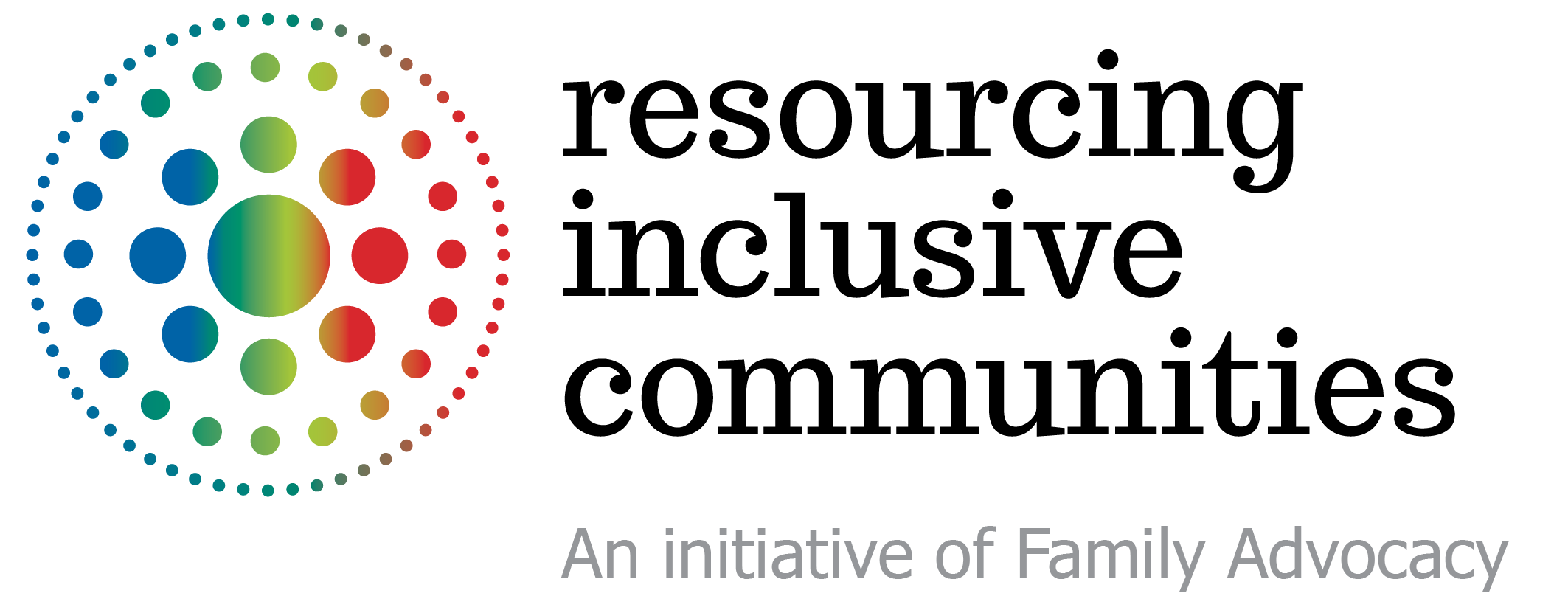The path to a successful post school transition starts early in life

By Annette Bush
Jacob, our youngest son, is 24 years old, graduated from our local mainstream high school after completing years 7-12 in the regular class. He was also born with an intellectual disability. Jacob’s life is very full and enriched doing all the things a young man of his age does. Our vision for Jacob’s life was always that he would be fully engaged in his community, having meaning and purpose to his life, not just ‘filling in time’ with activities or viewing life from his bedroom window.
Before Jacob started school, we were encouraged to write down our hopes and dreams for his life then and well into the future. Part of the vision we wrote down, a number of years ago, was that Jacob would have real, typical employment and be a taxpayer. Because we had developed this vision it helped us remain steadfast in what we wanted for him. This would be my first big tip in successfully supporting a young person to transition from school to post school employment, and that is create a vision of what is wanted for their future life and no matter what is suggested otherwise, stick to it.
I’m sure there are some families whose son or daughter is in year 8, 9 or 10 might be asking themselves, ‘when should the preparation for transitioning to post school employment start?’ The answer is it’s never too early; no matter what stage we find ourselves in at this moment, preparation can begin.
When it came to completing work experience at the end of Year 10, which is typically when it occurs, we knew it was going to be difficult for Jacob to turn up at a business and be expected to know what was required of him. He would first need real experience at being in a space that was completely foreign to him.
Therefore, at the end of year 9 we proposed to the Learning Support Team at his school that Jacob would need to practice doing work experience in the businesses we thought he would like to work in. Because the school knew Jacob so well, this was seen as something that would definitely help Jacob and they agreed that he could attend various business, prior to the formalized Work Experience, and worked it around his school timetable.
Jacob’s school played a very important role, therefore my second tip for successful transition post-school would be working collaboratively with the school.
Throughout all of our planning, we were very intentional about the fact that the work experience had to be in local businesses in our community for Jacob to feel comfortable and understand what he was doing.
Because Jacob has always been so imbedded in the community, through school, our family and his many outside hobbies, there were connections that were already formed and through those connections developed opportunities.
When it came to McDonald’s and Woolworth’s Jacob already knew many of the other young people who were working in those environments, because he had attended the local public school and knew most of the students. This not only helped Jacob step into the role, knowing many of the people he was working alongside, but it also added a level of safeguarding, with one of his classmates saying ‘we’ve got your back, Jake.’ And so that leads me to the next tip – the importance of cultivating community connections.
To date Jacob is currently working at our local Woolworth’s where he had one of his original work experiences going back to Year 10. Jacob’s role developed from work experience to paid employment because he had developed the essential skills needed to be in the role and was good at his job. He had formed relationships with his co-workers and also the customers. Jacob moved very quickly from stocking shelves to working on the check out, where he is now one of the most efficient operators in the store. He has built so many relationships within our community because of the valued role that he holds at Woolworth’s; throughout the pandemic he was and is classified as an ‘essential worker.’
My final tip would be to encourage all parents and educators to always have high expectations and the assumption that the young person with a disability is employable. Through the high school years observe the passions and interests of the student, let them explore the possibilities of where those interests may take them and don’t let any teachable moments for developing skills pass them or you by.
Annette Bush is often a guest speaker at our School to Work Workshops. To register for a workshop, visit our events page.
